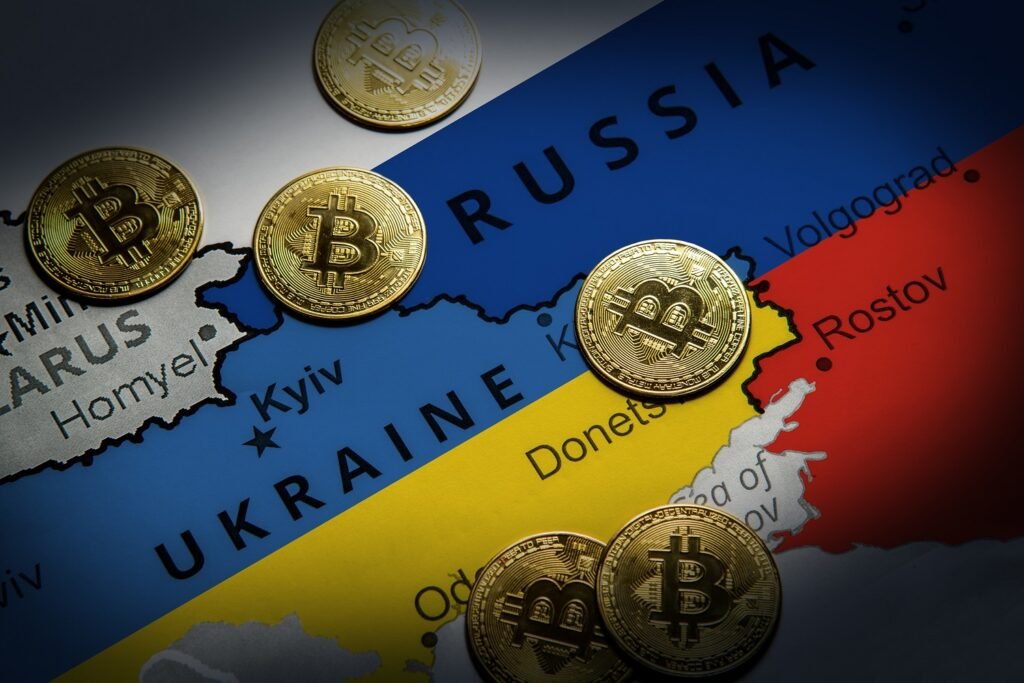In a recent development, a Russian citizen residing in the Far Eastern territory of Khabarovsk Krai has been apprehended by the country’s secret service, the FSB, on charges of treason. The individual stands accused of sending cryptocurrencies to the Armed Forces of Ukraine, thereby violating the security interests of the Russian Federation. The arrest has raised concerns about the involvement of digital assets in geopolitical conflicts.
According to reports from the Russian news agency Tass, the detained citizen, whose identity has not been disclosed, was discovered using cryptocurrency tools to transfer personal funds. The FSB’s Center for Public Relations revealed that the individual was engaged in illegal activities by providing financial assistance to the Armed Forces of Ukraine through a foreign charitable foundation and utilizing intermediaries residing in Ukraine.
The FSB’s investigations indicate that the funds were intended to support the procurement of essential military equipment by the Armed Forces of Ukraine, including unmanned thermal imaging sights, aircraft, ammunition, and medical uniforms. The Russian government has implemented stricter punishments for individuals found guilty of supporting Ukraine’s war efforts. While the usual sentence for treason ranges from 12 to 20 years of imprisonment, recent amendments to the Criminal Code now permit life sentences for such offenses.
The FSB’s Investigation Department has initiated a criminal case against the Russian citizen, and further investigations are currently underway. This incident sheds light on the ongoing conflicts and tensions between Russia and Ukraine, as well as the potential role of cryptocurrencies in facilitating international financial transactions.
The Ukrainian government has actively encouraged contributions from the global crypto community to bolster its war efforts, establishing initiatives like the Crypto Fund. In response, several prominent cryptocurrency entities have launched donation platforms to support Ukraine.
Meanwhile, Russia has been striving to develop crypto-friendly infrastructure to facilitate the purchase and sale of goods using digital assets. This move is aimed at circumventing economic sanctions and reducing reliance on the US dollar. Additionally, Russian authorities are set to gain new powers to confiscate cryptocurrencies, granting the police and prosecutors enhanced control over digital assets within the nation.
In conclusion, the arrest of a Russian citizen for allegedly sending cryptocurrencies to Ukraine’s Armed Forces on charges of treason underscores the complex relationship between digital assets, geopolitical conflicts, and national security concerns. The incident highlights the increasing need for international cooperation and regulatory frameworks to address the implications of cryptocurrencies in such situations.

